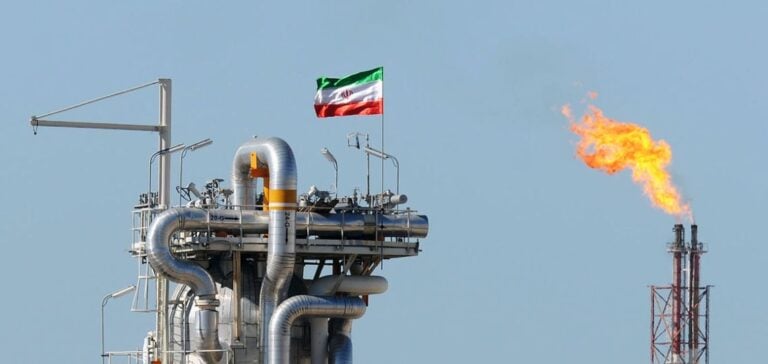The Islamic Republic of Iran has taken an unprecedented measure to address the energy crisis: electricity rationing in its capital, Tehran, and other key provinces. This plan, which will begin on Monday, was confirmed by the official news agency Irna. Power cuts will be applied daily in different sectors of the capital, lasting two hours between 09:00 and 17:00, to reduce the pressure on the country’s power plants.
Fuel shortage and mazut ban: the roots of the crisis
The national electricity distribution company stated that this decision stems from the limited supply of fuel gas to power plants. A government decree has also banned the use of mazut in certain power plants, a decision motivated by health concerns. In fact, the burning of low-quality mazut in power plants is regularly identified as a major pollution source in large Iranian cities, worsening the environmental situation.
This rationing is not limited to Tehran: provinces such as Qom (center), Kerman (southeast), as well as the Guilan and Ardabil regions in the north of the country, will also implement scheduled power cuts. This measure responds to Iran’s persistent difficulties in securing a stable fuel supply for its energy sector.
The duration of rationing remains unknown
Although authorities have detailed the schedule of outages, no clarification has been provided regarding the duration of this measure. According to experts, this lack of information may reflect uncertainties about future fuel supplies, in an economic context marked by Western sanctions. These sanctions, mainly targeting the energy and financial sectors, have significantly reduced Iran’s ability to export and modernize its energy infrastructure.
Previous issues and public anger over power outages
This is not the first time that Iran has faced such a crisis. In recent years, recurring power outages, especially in the summer, have caused public anger, severely impacting daily life and economic activities. Last July, to cope with excessive energy demand, authorities had already halved working hours in government institutions, a measure aimed at saving energy.
Geopolitical and environmental challenges
Despite its vast oil reserves, Iran struggles to meet its own energy demand. According to data from the U.S. Energy Information Administration, the country, which was the world’s seventh-largest crude oil producer in 2022, holds the third-largest proven reserves worldwide, behind Venezuela and Saudi Arabia. However, international sanctions limit its access to the technologies needed to exploit these resources efficiently and to modernize its energy infrastructure.
The government’s decision to reduce mazut use in power plants seems motivated by public health concerns and environmental commitments. Last Sunday, Irna reported that Iran’s Vice President for the Environment, Shina Ansari, will participate in COP29 in Azerbaijan, where energy transition issues will be central.






















